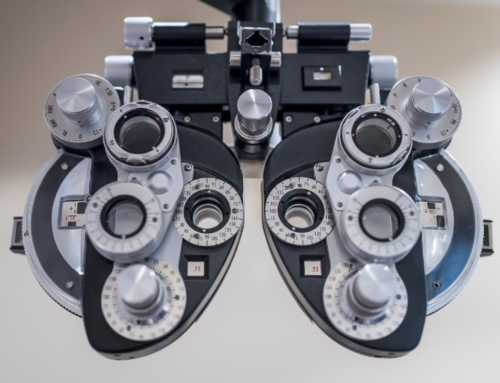When it comes to children’s health, school sensory screening assessments play an integral role. This is especially true with 20% of teenagers experiencing some level of hearing loss nowadays, which is much higher than in previous years. And while vision and hearing screenings can help detect health problems early on in life, more schools are also beginning to focus not only on just physical health, but mental health as well.
In North Carolina, a bill was recently introduced that if passed, would implement studies to determine whether and when mental health screenings should be conducted on public school students. The idea behind the bill, co-sponsored by a Forsyth County legislator, originates from a House Select committee on school safety.
Under the legislation, the N.C. Department of Health and Human Services would be responsible for conducting the study and would have to submit results by February of 2020.
The study would focus on a few different aspects. First, it would determine when the mental health screenings would be given and at which age would they begin. Additionally, it would look at if and when follow-up screenings should be given, whether or not parents would be allowed to opt their children out of the screenings, and how the information would be kept confidential.
According to the proposed bill, the screening “would identify school children … at risk of harming themselves or others.”
North Carolina has recently been listed as the last state in the country for treating children with mental health disorders, with a 72.2% treatment rate. The bill was introduced the same week these rankings were released in a Journal of American Medical Association Pediatrics’ report.
Currently, school sensory screenings focus primarily on hearing and vision tests. These screenings may also include dental exams, scoliosis checks, and even blood pressure readings. During these screenings, school nurses play an important role in communicating with students’ parents regarding any health concerns.
These physical screenings will continue to be given in schools throughout the country due to their importance. But as mental health disorder diagnoses continue to rise, schools may begin considering implementing mental health screenings as well.






